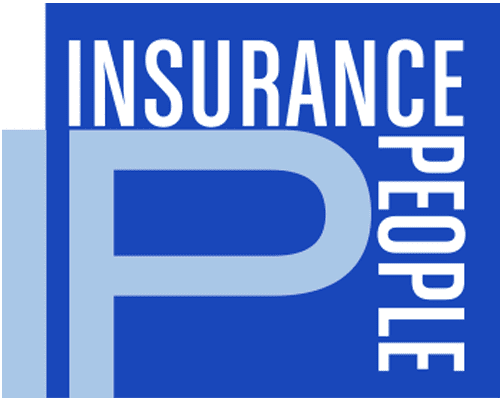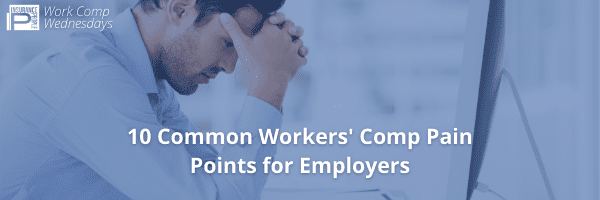Welcome to Work Comp Wednesdays! Insurance People is the industry-leader in North Carolina workers’ compensation insurance. Each week, our team takes a frequently asked question and expands on the issue for our clients, prospective clients, and community members to better understand the confusing nature of Work Comp.
Background:
Workers’ Compensation insurance is considered one of the most frustrating and irritating coverages for businessowners, finance officers, and the human resources department. Workers’ Comp involves indemnifying humans – returning them to their physical (or mental) state before the injury occurred. Because of this, there are many different “hands in the pot,” which causes rampant errors, overcharges, and mistakes that always leaves the employer to clean up the mess. However, by identifying the common paint points that result from these errors, employers can gain a better understanding and plan a roadmap to take back charge of their Workers’ Comp Program. Below are the top ten most common Workers’ Comp pain points for employers:
- Premium Audit
The Premium Auditis the ‘silent but deadly’ killer for Workers’ Compensation Programs, especially for those in the Building and Trade industries.
- Managing Injuries
Managing Workers’ Comp claims is a hectic process that if not executed properly, can leave a dramatic impact on the company’s production, efficacy, and bottom line.
- Safety Training
A recent survey shows that 59% of employers say finding time for safety trainingis their biggest barrier to developing a workplace safety program.
- Fraudulent Claim Detection
A fraudulent insurance claim can devastate a company’s insurance and labor costs while also creating inconveniences with the insurance carrier and employee culture.
- Employee Litigation
Workers’ Comp claim litigation is all too common, especially for organizations that do not have an effective Return-to-Work Program.
- Financial Impact of Injuries
The cost of an injury ends up on the employer’s Experience Modification Factor. If left uncontrolled, employers can pay 2x-3x the injury cost in future insurance premiums.
- Government Compliance
When an employee injury occurs, the Occupational Safety and Health Administration (OSHA) will typically be involvedat some point – most likely when the employer least expects it.
- Hiring a Future Claim
Without proper HR controls in place and educating new hires on how Workers’ Comp works when onboarding, employers run the risk of hiring “an injury waiting to happen.”
- Workers’ Comp, Health, and Disability Insurance
The intersection between Workers’ Compensation, Health, and Disability insurance is puzzling and often leaves employees confused on who will cover their injury or illness.
- Working Without a Master WorkComp Advisor
Master WorkComp Advisors go beyond the call of duty of just renewing insurance coverages each year. It is our job to create a program that functions with purpose and is guided by data. Employers can feel at ease knowing they have a MWCA helping hand-in-hand to take back charge of their Workers’ Comp Program.
Insurance People of North Carolina has ten Certified WorkComp Advisors, four of which have received the Master WorkComp Advisor designation. If you are interested in setting up a 15-minute Discovery Conversation to better understand the risks facing your organization, please contact an Insurance People Master WorkComp Advisor.

